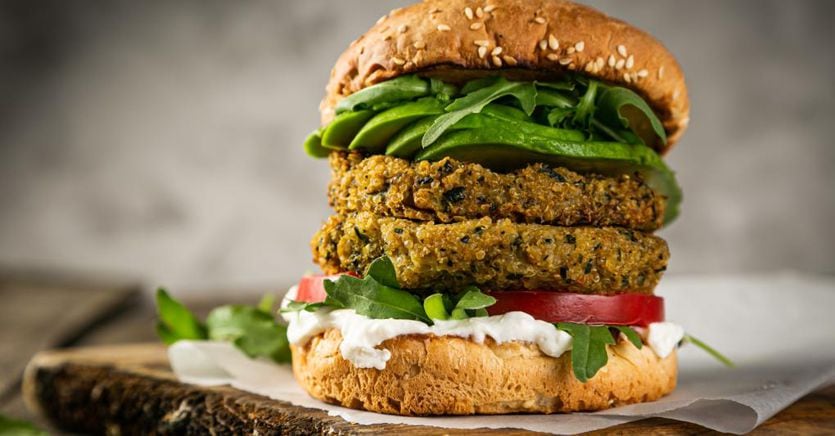Meatballs, burgers, sausages. But also soy or almond drinks. Today vegetable proteins are already worth 34% of the European market and 10% of the Italian protein market. But in about fifteen years the overtaking will be a reality: traditional meat will be worth only 40% of global consumption, the remaining 60% will be made up of two thirds by plant-based proteins, and one third by synthetic meat. In short, the revolution in the dish is around the corner.
The forecasts come from Porsche Consulting: «On the price – says Giulio Busoni, partner of the German consultancy firm in Italy – vegetable proteins are already competitive compared to traditional meat and milk. For synthetic meat, on the other hand, we will have to wait a few more years, even if the laboratories are already working to reach the goal of 20 euros per kilo».
Plant-based products are already growing at an accelerated pace: in Europe, between 2020 and 2023, the market for vegetable drinks increased by 68% and that of green meatballs and burgers by 88%. In our country, the milk supply chain employs 25,000 farmers and the meat supply chain has 214,000 farms plus 3,300 in industrial processing: «If you don’t embrace the processing – says Busoni – given the market trends, there will be many jobs risk”.
From his, the world of proteins 2.0 – vegetable or synthetic – has the card of sustainability. Porsche Consulting always calculates that the production of traditional meat and dairy products occupies about a third of the habitable land globally. Meat and milk are responsible for 80% of total CO2 emissions from food production. Conversely, vegetable meat reduces emissions into the atmosphere between 30 and 90%, saves between 72 and 99% of water and consumes 90% less soil.
“Made in Italy agri-food, which depends a lot on exports, cannot fail to invest in this segment that is increasingly in demand on global markets – says Busoni – our companies have an overly defensive approach, but the time to invest is now”. The case of the German Ruegenwalder Muehlese is emblematic, a historic medium-sized sausage manufacturer that seven years ago began investing in the first vegetable frankfurters, a heresy in Germany which traditionally consumes meat. Yet today it has 40% of the German vegetable meat market in its hands, it is growing at a rate of 12%, it collects 236 million euros and for the first time last year it made more turnover with plant-based products than with traditional ones .
